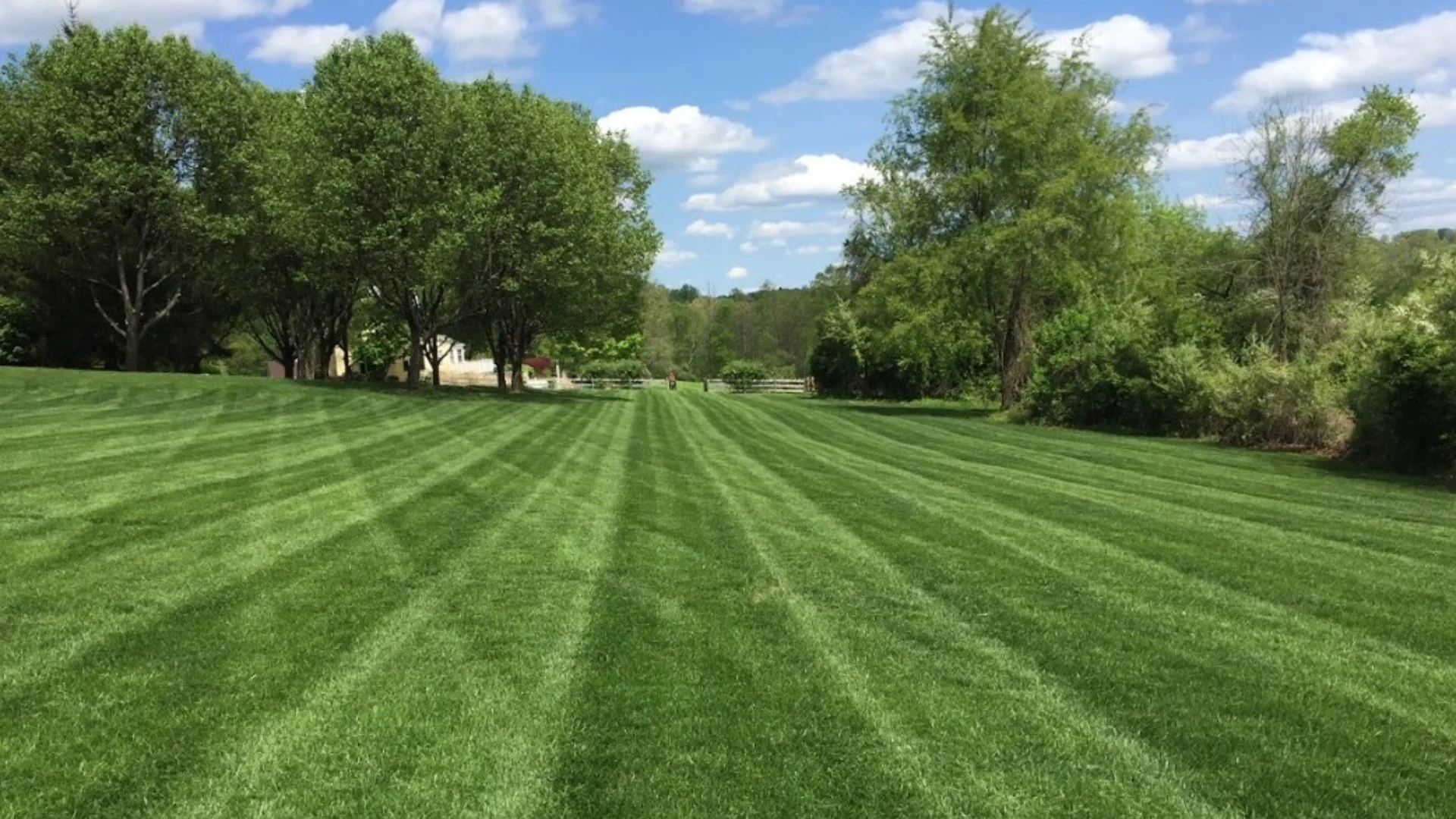Professional Lawn Care in Bloomingdale
Lawn care in Bloomingdale, New Jersey, requires an understanding of the local climate and soil conditions, as well as a commitment to regular maintenance. Bloomingdale experiences warm, humid summers, and very cold, snowy winters. The temperature typically ranges from 23°F to 86°F throughout the year. To maintain a healthy and vibrant lawn in these conditions, homeowners need to adopt a comprehensive lawn care strategy.
Understanding Bloomingdale’s Climate
The climate in Bloomingdale is characterized by four distinct seasons, which impact lawn care routines. The warm and wet summers require regular watering and mowing, while the cold winters call for specific winterizing practices to protect the lawn. Understanding these seasonal changes is crucial for effective lawn care.
Common Grass Types in Bloomingdale
The most suitable grass types for Bloomingdale include cool-season grasses like bent grass, Kentucky bluegrass, and perennial ryegrass. These grasses thrive in the local climate, especially during the cooler months of fall, winter, and early spring.
Lawn Care Tips for Bloomingdale Homeowners
Regular Maintenance: Regular lawn care tasks such as mowing, weeding, and cleaning are essential. This includes both spring and fall yard cleanups to remove dead growth and debris.
Soil Testing: Testing the soil’s pH balance and texture helps in understanding its needs. Soil composition in terms of sand, silt, and clay content significantly affects lawn health.
Watering Wisely: Lawns typically need about one inch of water per week. It’s best to water deeply and infrequently, avoiding watering during the hottest part of the day.
Fertilization: Use fertilizers appropriate for your grass type and follow a schedule that supports optimal growth and maintenance.
Aeration: Aerate your lawn to reduce soil compaction and promote nutrient, water, and oxygen penetration to grass roots.
Recycling Grass Clippings: Grass clippings can provide essential nutrients back to the soil and reduce the need for additional fertilization.
Weed Control: Implement measures to control both broadleaf and grassy weeds, including the use of pre-emergent herbicides.
Thatch Management: Remove thatch to prevent moisture and air blockage in the soil.
Pest and Disease Management: Implement pest control strategies and watch for common lawn diseases to keep your lawn healthy.
Organic Lawn Care Options: Consider organic lawn care products for a safe, chemical-free environment.
Pruning Trees and Shrubs: Regular pruning helps in maintaining the overall health and appearance of your landscape.
Over-Seeding: Over-seeding in late summer or early fall can repair damage and improve lawn density.
Edging: Maintain neat lawn borders to prevent overgrowth and weed encroachment.
Choosing Appropriate Plants: Select plants and shrubs that are suitable for the local planting zones and soil conditions.
Equipment Maintenance: Proper maintenance of lawn equipment is essential for efficient lawn care.



